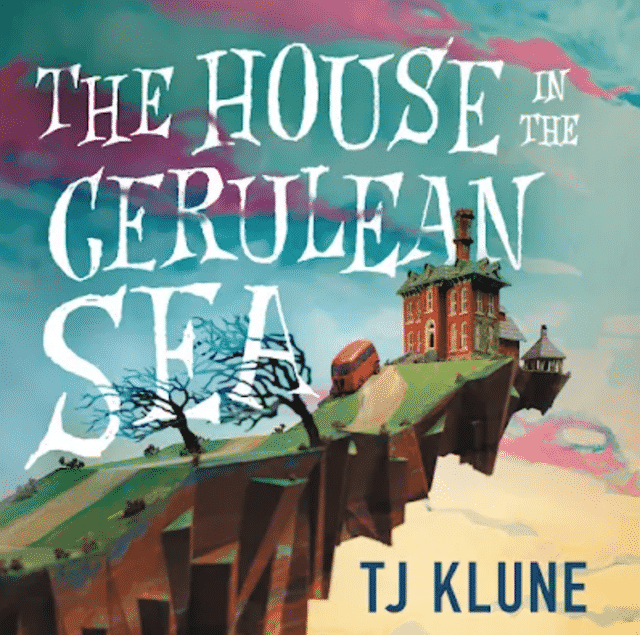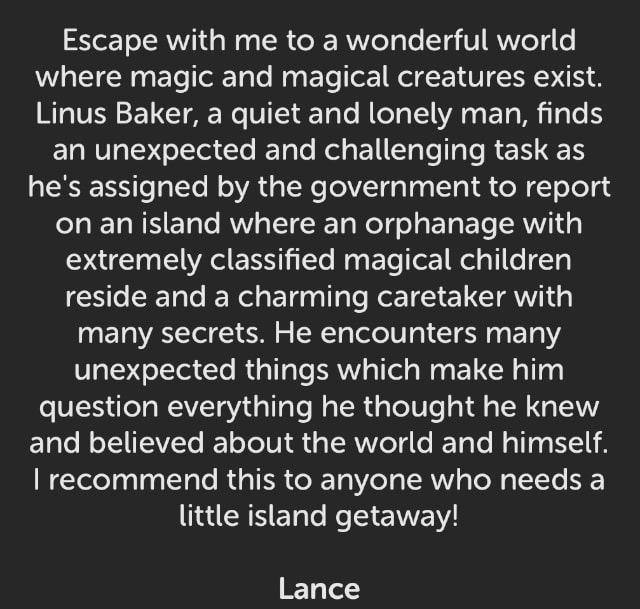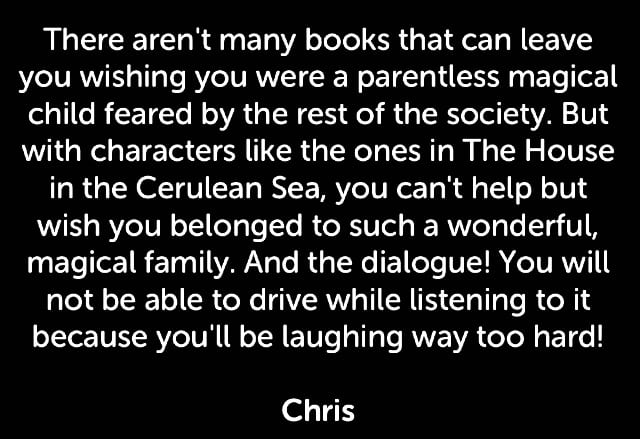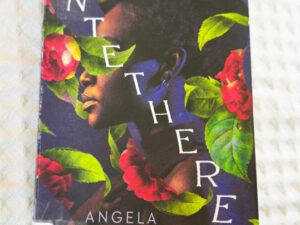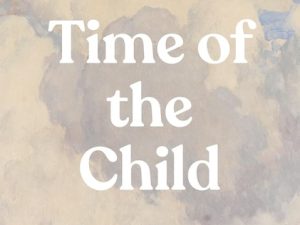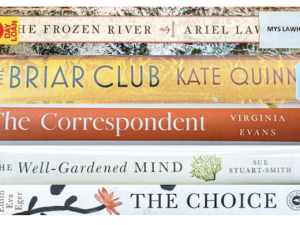This book is refreshing in that it is warm, and light, and fun, while wielding an important message about people with differences. This message is conveyed through “magical youth” in an orphanage, so it is easy to swallow, since the differences are so extreme. Even the main character, who is so mundane and ordinary– whose job it is to inspect the orphanages– by contrast, is received as being awesomely different as well.
This book is about open acceptance, seeing beyond labels, learning to be comfortable with uniqueness, and that everyone just needs love. This is true for both the amazingly fantastical and the routinely boring ones as well.
There is all sorts of playful detail here, from a childhood dream of being a bellhop, to a cat with an attitude. The cast of characters are tenderly realized, and we empathize with them, even though they are so unusual. The relationships are drawn as unconditional, and that is such a rare place to reside, it feels like a relief. The magical children are as unpredictable as their case worker is dull, and they find extraordinary sanctuary in each other. This story also makes it clear that it is not blood that makes a family, but mutual consideration, solicitude, solidarity, and respect.
From this cosy place, the author questions prejudice against those that are different, clearly not condoning complacency. Why do we categorize people? Do people really resemble the stereotypes we pin on them? This book highlights that real love is non-discriminatory, as well as emphasizes power of basic kindness. Here, even the pudgy, dreary person finds love.
I give The House in the Cerulean Sea four stars. It is short, accessible, and easy to get through. I listened to it on audio, where the voiceover artist gave each character their own voice. To change things up, you might like to read or listen to this! It would make a wonderful movie, too.
1 Comment
Pingbacks
-
[…] 7. House in the Cerulean Sea (my review) […]
